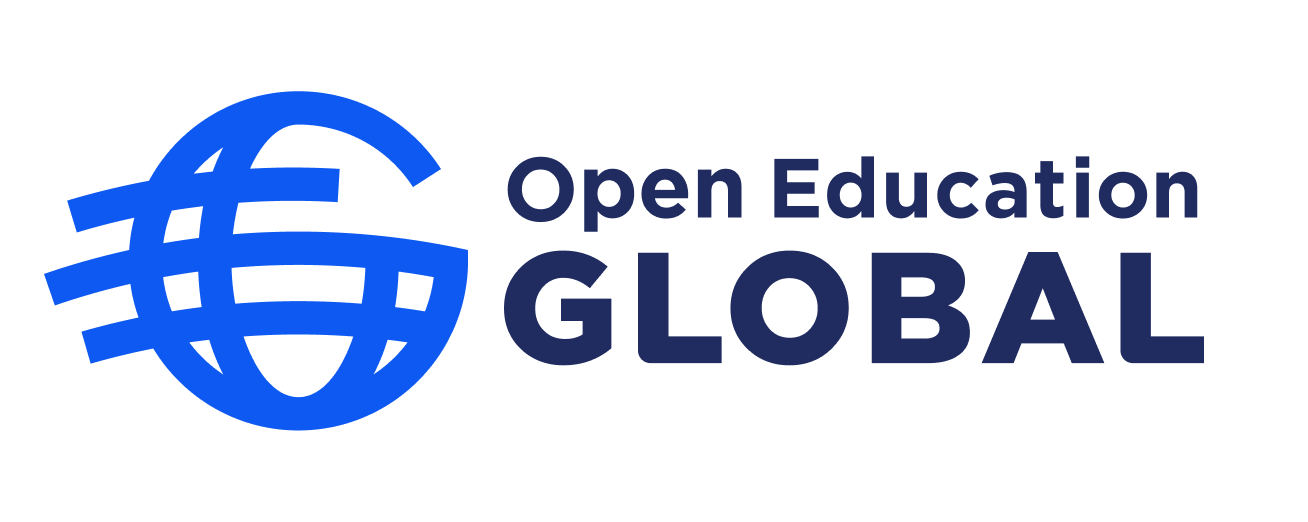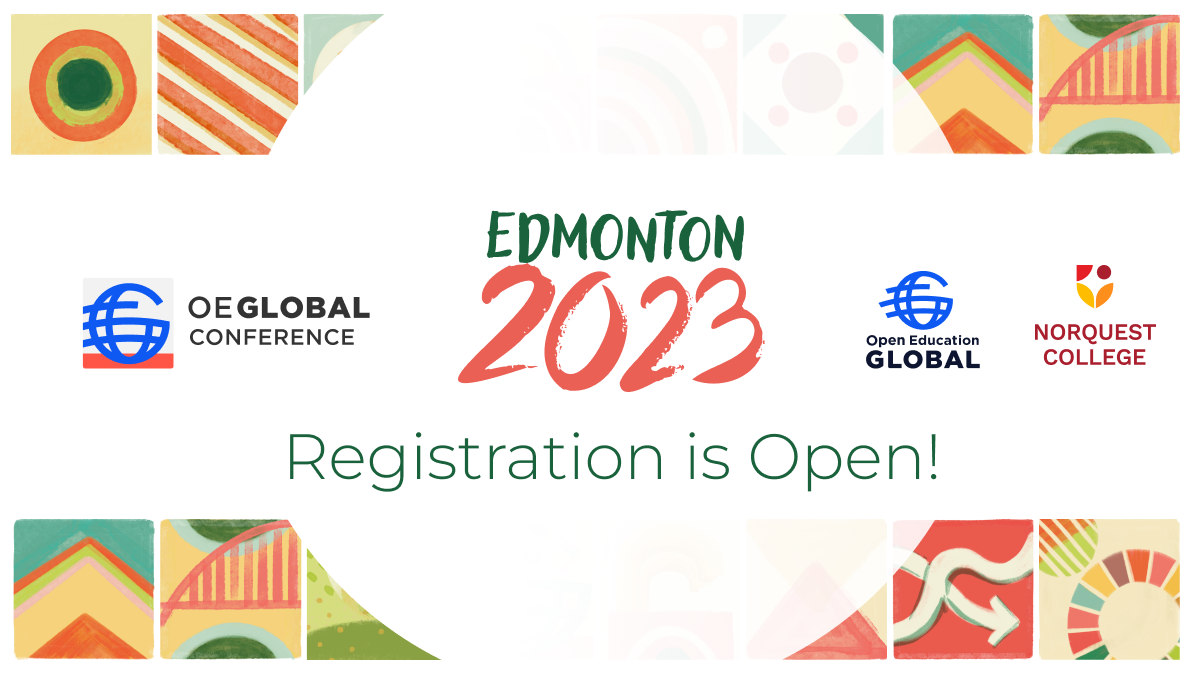16–18 October 2023, Edmonton, Amiskwacîwâskahikan, Alberta, Canada
Registrations are now open!
OE Global and Norquest College, co-hosts of the OEGlobal 2023 Conference, are pleased to announce that registrations are open. Take advantage of the discounted Early Bird rate that ends on August 15.
OE Global members can register at a significantly reduced registration rate. The registration fee includes access to the conference venue and sessions, conference materials, coffee and tea breaks, and lunches.
The OEGlobal23 conference also includes social events during the conference and a pre-conference event on Sunday, October 15 (please note that additional fees apply):
- Pre-Conference Event: Indigenous Peoples Experience at Fort Edmonton Park
- Social Event: Welcome and Networking Event at Chateau Lacombe
- Social Event: Social Reception at NorQuest College
Keeping with the conference theme, the OE Global Conference will be a carbon-neutral event. We will be making conscious choices to keep our carbon emissions low. Please read the registration page for more information on this aspect of the conference.
> Register for OEGlobal23
> Plan your OEGlobal23 experience
> Review accommodation in Edmonton
> Reasons to attend OEGlobal Conference
The OEGlobal23 program is on track!
The proposal review process is now complete. The OEGlobal23 team is grateful to all reviewers who helped to review nearly 240 proposals.
> Meet the reviewers here.
Notifications will be sent to authors during the week of July 3. The program construction is underway, and the draft program will be available by the end of July.
We are pleased to announce that Dr. Cable Green will be one of the keynote speakers during the conference. Additional speakers will be announced in July.

